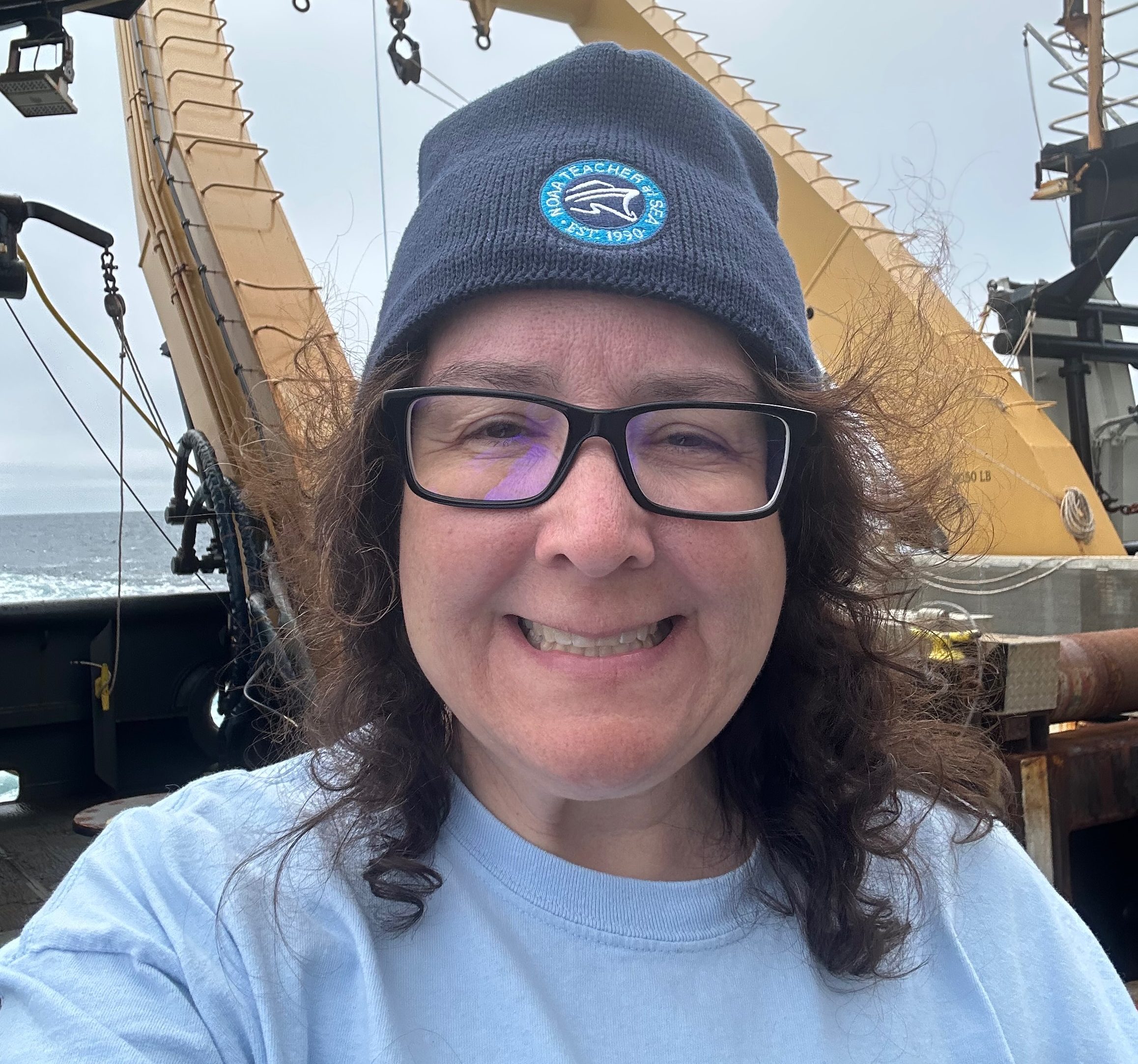As I continue my journey into learning about the world of podcasting (after attending Podcast Movement in Orlando), I’m now attending a podcasting conference focused on higher education. This is the second year that Sound Education is taking place, hosted by Harvard Divinity School’s Ministry of Ideas. Being in Boston in October is very different than being in Orlando in August!
A flyer I picked up during the opening reception on the first evening (Oct. 9th) shares more about this conference for educational audio producers and listeners:
Educational audio producers are using the power of sound to bring learning out of the classroom and onto the airwaves. Their shows reach tens of millions of listeners a year – listeners who know that learning is a lifelong pursuit and see producers offering an ever-expanding course catalog. Listeners tune in every week to learn about subjects they love, and hear about topics they didn’t even know existed. Sound Education brings these producers and listeners together to celebrate the joy of lifelong learning, and to share the craft and theory behind the shows that teach, entertain, and leave us wanting to know more.
This conference has a little of everything when it comes to learning and podcasts. After the opening reception, I was able to attend a live show of The Allusionist podcast at WBUR studios – it was so much fun, and yes, I learned alot! This is a podcast series I am definitely going to go back and check out some more.
Such an amazing space at @WBURCitySpace! Perfect venue to catch a live performance of the @AllusionistShow #podcast. Titled “No Title”, the take-home message is to never refer to @HelenZaltzman as Miss, Mrs., Ms., or even Item. #SoundEdu19 @sound_edu pic.twitter.com/GNXp48MBp3
— Dr. G (@guertin) October 10, 2019
On the first full day (Oct. 10th) I attended some workshops and a keynote. The first workshop addressed taking existing podcast episodes and how to pull them together to create an online course. I’ve taught online before, and I’ve used podcasts in my online courses. This was an interesting session to think about approaches to online course design and thinking of teaching to audiences beyond the students at my campus. [*Note the person in the purple sweater below? That’s me!]
So excited to have @markpentleton from @coffeebreakLANG share ways on how to move from podcasts to online courses at #SoundEdu19! 🎧🎬 pic.twitter.com/JbGFBNOmyW
— Teachable (@teachable) October 10, 2019
After grabbing a quick lunch at a local diner (I love local diners and dives!), I headed to my next workshop. This workshop provided an overview of the sound editing software Hindenburg. I learned briefly about Hindenburg at a workshop I attended at the Science History Institute earlier this year, but this workshop has me 99% convinced that this will be the software I use when I kick off my podcast series (and thank goodness for educational pricing!). This software really is designed for the storyteller in mind, removing all of the distracting puttons and menu options. I can’t wait to dig in and start playing around with it!
The day ended with a keynote and a reception at the Harvard Museum of Natural History. The Harvard Museum was AMAZING! I definitely need to come back and spend time going through the halls and collections (but our Academy of Natural Sciences in Philly can’t be beat for its dinosaurs!). The keynote was a conversation between a Harvard Law Professor (Noah Feldman) and the President of Sound Education (Zachary Davis).
Tonight’s @sound_edu keynote on “Podcasting as a Public Intellectual in the Age of TikTok” is being held in a beautiful historic hall of Harvard Law School #SoundEdu19 pic.twitter.com/6iuWJmrX5e
— Dr. G (@guertin) October 10, 2019
I jotted down some notes that I need to spend some additional time reflecting upon:
- Podcasting lets you discuss ideas in depth and make them accessible to a wide audience (the public can engage and form their own views)
- Podcasting allows for the immediacy of communicating ideas, in your actual voice. People like to hear the narrative with a personal component
- Many say that listening to podcasts is referred to as an intimate activity (ear buds in ears, blocking out the rest of the world). But radio was never referred to as an intimate listening experience – why is this?
- In podcasting, you don’t need to produce for a mass audience like radio – your podcast is for your people
- Could you create an entire liberal arts education out of podcasts.
- Podcasting is a parallel university – a university of sound
- Anyone with a podcast is a public intellectual, even if you are not a credited teacher. But this comes with genuine responsibilities. Be sincere with your vision. You have a civic responsibility to be honest to society. And avoid the temptation to be “nasty” to build communities.
There were also some discussions around civic education, the Constitution, and speaking truth to power. And there is one more note I made (as a woman in STEM myself, I unfortunately find myself in audiences at presentations where this happens all too often)…
Excellent keynote conversation at #SoundEdu19 – but neither male speaker mentioned one female – no shout-out to female podcasters, interviewers/interviewees, faculty, book authors… in the #podcasting field where women are so underrepresented, please @sound_edu, do better
— Dr. G (@guertin) October 10, 2019
Soon enough, my voice will be added to the number of female-hosted podcasts (can’t wait!). But the entire podcasting field has much further to go.
There are multiple sessions and keynotes tomorrow, I look forward to being fully saturated with even more “sound education”!

